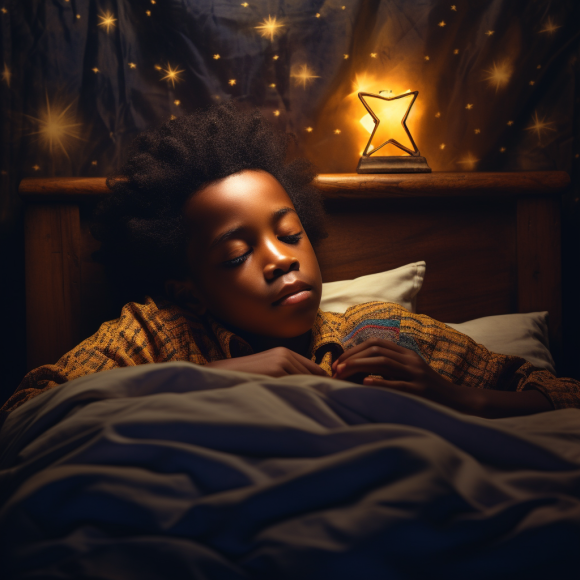It was my daughter’s innocent face that finally did it.
As soon as I walked through the door from work, our Lubby asked me again for my cell phone. “Mommy, is it charged 100%? I want to play games on it.”
As the best parents ever, we let our six-year-old daughter learn to play Temple Run, Minecraft, and Angry Birds on our cell phones. While these games taught her very valuable life skills, she also began to cling to our cell phones like a spider to a web. After the nth time she asked to use a cell phone, it was time to consider our cell phone habits.
While my husband pleaded innocence (of course), I checked my cell phone usage. I admitted that I had a problem putting down my cell phone. It was by my side always. Being a writer, it is an integral part of my day and livelihood. I checked my phone for updates starting at 4:30 am, and I did not stop checking until bedtime. I panicked if I could not find my phone, much like my Lubby panics when I did not have a cell phone waiting for her.
I realized that I was a nomophobe, and we were creating an adorable nomophobic copy.
Apparently, I wasn’t alone. One report suggested that people, on average, checked their cell phones 150 times per day. Another report said that 42% of people took their cell phones to the beach or on vacation. Women were more likely to be nomophobic than men (Merz, 2013). Sadly, we can create kid-sized nomophobes that watch us glue cell phones to our eyes every day.
So, I already admitted that I had nomophobia, but I tested myself to see how bad I was. I placed my phone on my bedroom dresser and walked away. How long could I leave the cell phone there, without craving to read notifications?
10 minutes.
After 10 minutes, I was checking my phone again. I did not remember the excuse I gave.
Next, I thought about the root of the problem, since I had an obvious self-diagnosis of nomophobia (no mobile phone phobia). After all, I panicked at the sight of 10% battery charge. I was compelled to scan my notifications every few minutes. Ugh! Did I have a fear of disconnection? Was it a coping mechanism or peer pressure? All other moms and career women are doing it, so I should do it, too. Right?
In my case, fear from disconnection spurred an unhealthy attachment to my cell phone. I needed to log off in more ways than one.
I went rogue and tried methods of intervention:
When I had to do chores, I purposefully placed the phone in another room (in silence mode). Washing dishes or scrubbing walls eased the anxiety of my phone’s absence. I was so determined to remove stains that I forgot (for a few moments) about my cell phone. I even found chores to complete, in efforts to extend the time away from my phone.
I put the phone far away from my bedside at night. Normally, I checked my notifications before I went to bed, at the cost of another hour of sleep. This routine became bothersome, especially during the times when my husband wanted to be romantic. And for the record, checking one’s phone is not a better excuse than a headache.
I scheduled hours away from my phone. And I stuck to it. I called it the “Type A Approach”; I am super picky about adhering to schedules and rules. So, I started with two hours of non-phone time and went running or cycling instead. After scheduling two hours, I increased to three hours, then six hours. Eventually, I was able to stay away from my phone all work day!
These methods were effective for me, but results will vary. Evidence-based practices exist that produce good results for getting over phobias through self-help (e.g., www.anxietycare.org.uk). As for me and my husband, the nomophobia wakeup call of my daughter’s impatient need for my cell phone was enough to seek treatment!
Reference:
Merz, T. (2013). ‘Nomophobia’ affects majority of UK. Retrieved from www.telegraph.co.uk./technology/news/10267574/Nomophobia-affects-majority-of-uk.html.






